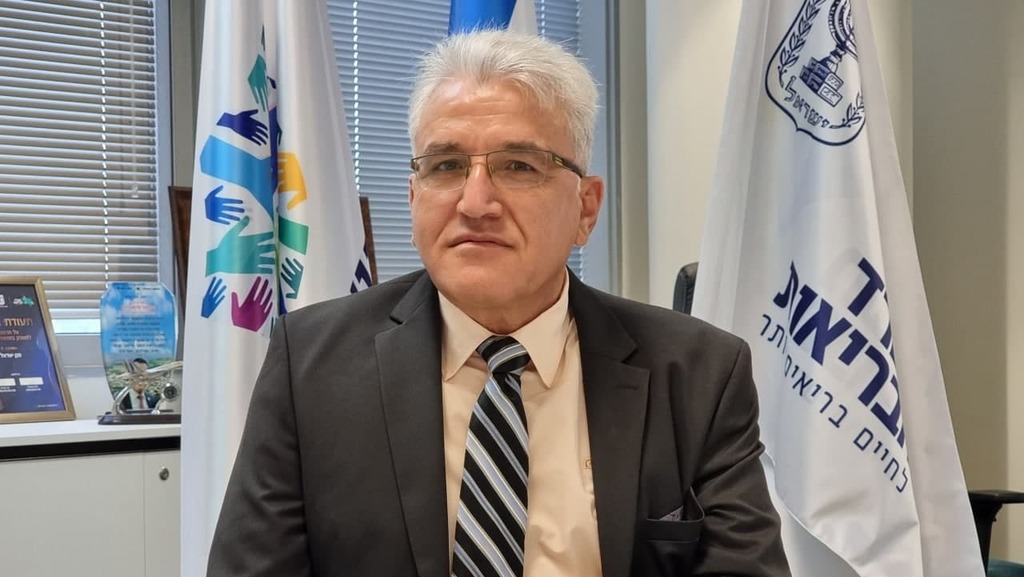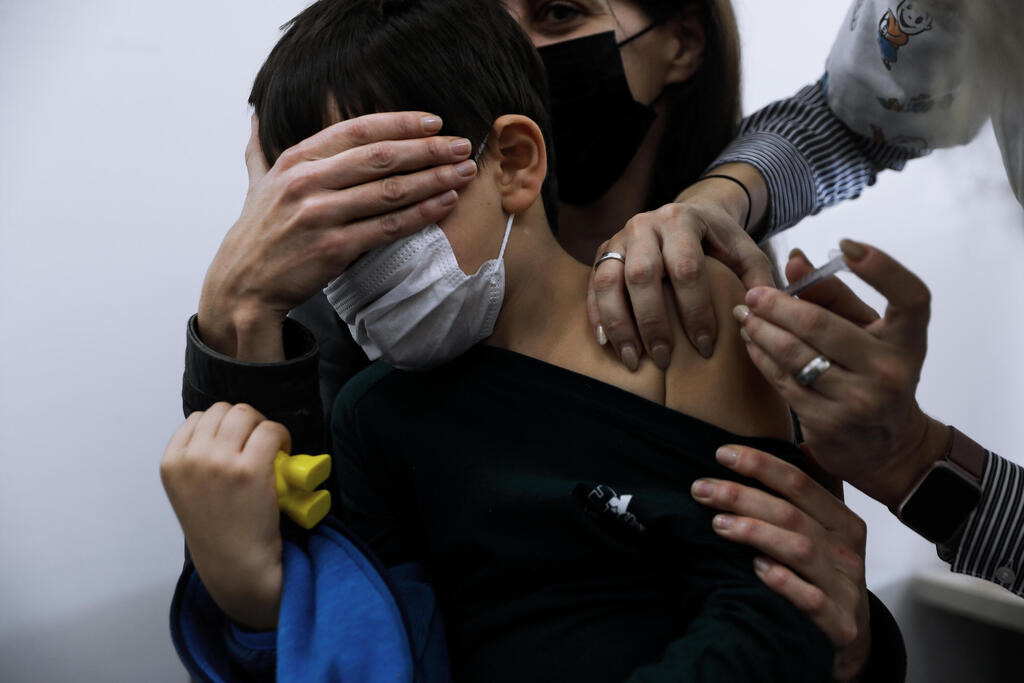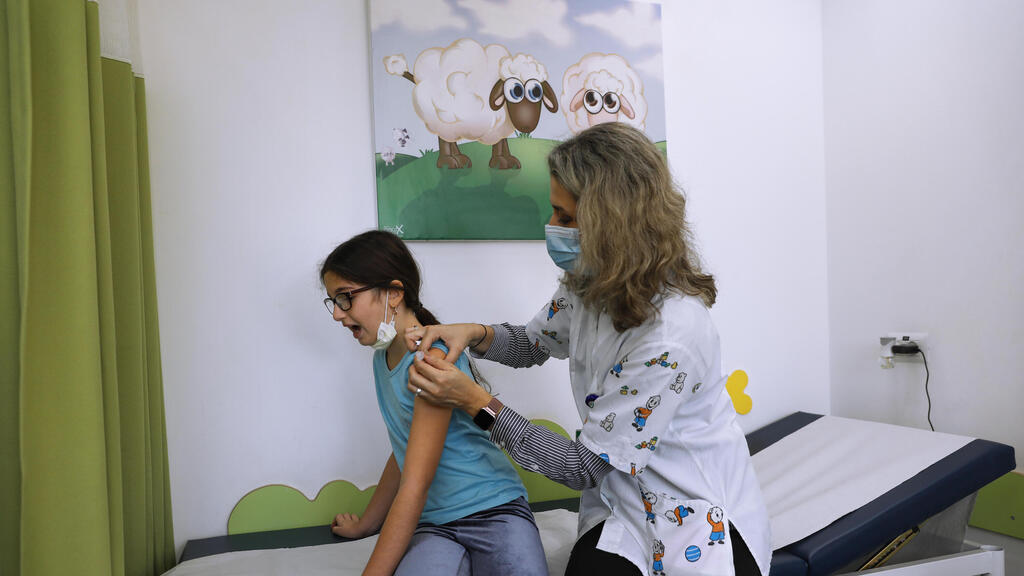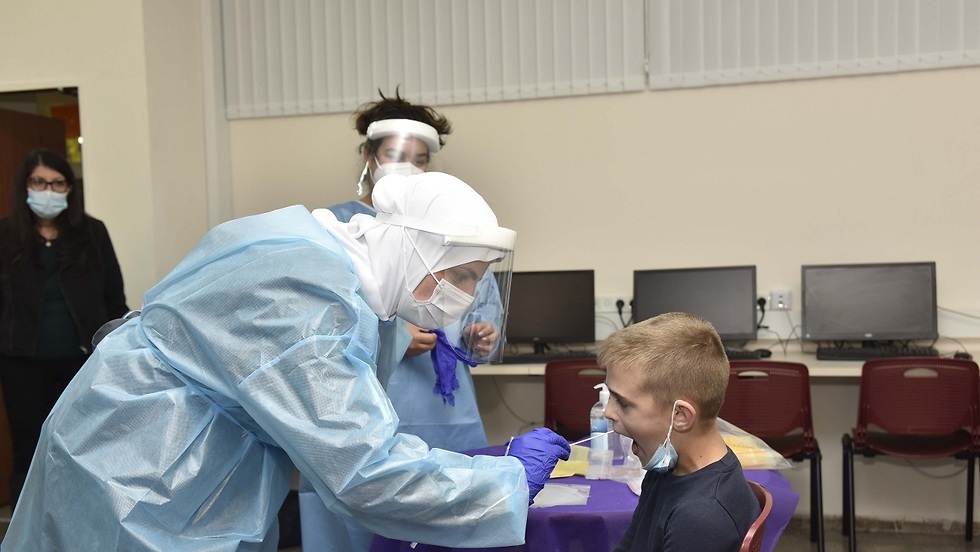Getting your Trinity Audio player ready...
Israel's coronavirus czar said on Tuesday that he was not concerned by the relatively slow rate of children arriving to get their pediatric coronavirus vaccines.
Israel earlier in the day officially launched its coronavirus vaccination campaign for children aged 5-11, becoming the second country to do so after the United States.
Prof. Salman Zarka told Ynet it's too early to say whether the drive's rollout has been a success. "HMOs are already reporting thousands of children registering to receive their shots."
Zarka also said parents wanted to see documented evidence that vaccines are safe. The vaccine dosage received by young children is considerably lower than the shots administered to older children and adults.
"I want every parent to make his own decision about his own children. I recommend vaccines," Zarka said.
"We took steps to explain to parents the implications of vaccines but must do more. Today we are launching a campaign led by pediatricians, general practitioners and others to appeal to parents to ask their questions of medical experts," he said.
He said it's important parents make their decisions based on scientific facts and not "fake news".
"We will also have public meetings, either in person or via Zoom to answer any questions that people have, so that they can make their decisions."
Zarka said there will be no shortage of vaccines and access to them has been made easy even in remote locations such as the Bedouin communities in the Negev Desert, and added that the Health Ministry is considering offering vaccines in schools.
Israel has seen a rise in infections in recent days with the virus' reproduction number (R) rising above 1, which indicates the renewed spread of the pathogen in the community.
In addition, the Health Ministry said 55% of coronavirus cases diagnosed Monday were among children under the age of 12.
"We are definitely concerned," Zarka said. "We cannot point to a specific infection hotspot. We've said that this last wave of the pandemic impacted the non-vaccinated population and we can see a rise in the number of children who are infected, though they not all become ill.
"We will monitor the R number and consider additional steps that must be taken including limiting congregations," he said.
He called on Israelis to take the renewed rise in new cases seriously, warning Israel could find itself in another wave of the virus, similarly to the one currently being battled in Europe.
"At the moment my recommendation to all those who thought the fourth wave of morbidity was behind us, is get vaccinated including those adults that had still not received their booster shots."
The coronavirus czar said the airport could become the gateway for an additional wave of COVID if new variants are able to enter the country as was the case with the Delta strain.
"That is why we test all arrivals and are considering adding an additional PCR test requirement three days after landing in Israel," he said, adding he would not commit to the need for an additional vaccine dose.
"We are learning on the go," he said. "We were the first to offer vaccines to our population and the first to determine that their efficacy drops after six months. The world is learning from us about the need for the booster shot."
Tיק





